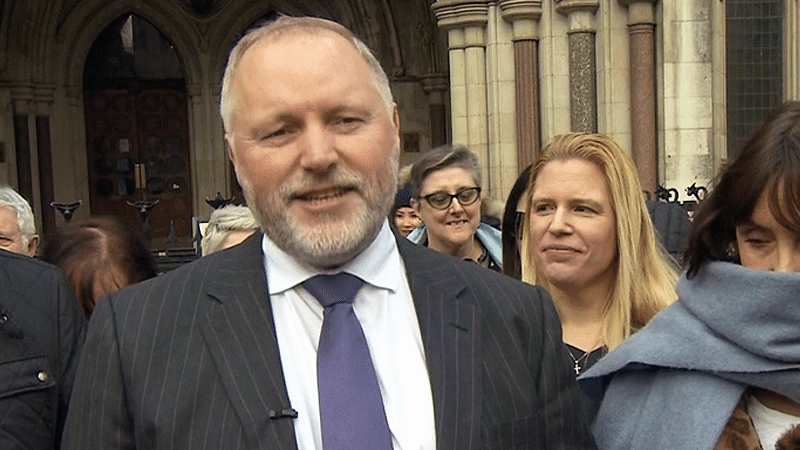The Court of Appeal has today ruled that police guidance on recording ‘non-crime hate incidents’ unlawfully interferes with free speech.
Former police officer Harry Miller had challenged the College of Policing over guidance stating that when someone claims they have been a victim of hatred, officers must keep a record against the name of the accused person even where no crime was actually committed. No investigation of the claims is required.
A total of 119,934 non-crime incidents were recorded by 34 police forces in England and Wales between 2014, when the guidance was introduced, and 2019. The Court said that recording perceived offences in a police database was likely to have had a serious “chilling effect” on public debate.
Stasi
In February 2020, Miller won a case against Humberside Police when the High Court ruled that sending police officers to his place of work after he opposed transgender ideology online was a “disproportionate interference” with his right to freedom of expression.
Mr Justice Julian Knowles strongly criticised the actions, saying: “In this country we have never had a Cheka, a Gestapo or a Stasi. We have never lived in an Orwellian society.”
However, the judge did not challenge the police guidance that led to Miller being told he had committed a ‘non-crime hate incident’.
‘Plain interference’
Today, Dame Victoria Sharp ruled: “the recording of non-crime hate incidents is plainly an interference with freedom of expression and knowledge that such matters are being recorded and stored in a police database is likely to have a serious ‘chilling effect’ on public debate”.
She continued: “The net for ‘non-crime hate speech’ is an exceptionally wide one which is designed to capture speech which is perceived to be motivated by hostility” whether or not there is any evidence “that the speech is motivated by such hostility”.
“There is nothing in the guidance about excluding irrational complaints, including those where there is no evidence of hostility and little, if anything, to address the chilling effect which this may have on the legitimate exercise of freedom of expression.
Dame Victoria Sharp also noted that “there is no provision for proportionality to be applied” to recording an incident and no obligation to notify someone that a so-called hate incident has been recorded against them.
Policing the tweets
At the hearing in March, the College of Policing claimed that any interference with the right to freedom of expression was “proportionate to the legitimate aims pursued by the guidance”. It also told the Court the guidance had been updated to include “a strong warning against police taking a disproportionate response to reports of a non-crime hate incident”.
However, today’s judgment stated the revisions “do not go very far, or not nearly far enough to address the chilling effect of perception-based recording more generally”.
The General Secretary of campaign group the Free Speech Union, Toby Young, said: “we can all rest a little easier in our beds tonight, knowing the police are not about to knock on our doors because we’ve made an inappropriate joke on Twitter. They should be policing our streets, not our tweets.”They should be policing our streets, not our tweets.
‘No hatred’
Between November 2018 and January 2019, Harry Miller posted a number of tweets, which he said were part of the debate on proposals to dramatically weaken the Gender Recognition Act 2004.
His QC acknowledged some of the posts were provocative. One said: “I was assigned mammal at birth, but my orientation is fish. Don’t mis-species me”, before adding an expletive.
But, the lawyer added, he never “expressed hatred towards the transgender community, or sought to incite such hatred in others”.
Freedom
In his judgment, Mr Justice Julian Knowles quoted from a previous ruling that: “Freedom only to speak inoffensively is not worth having”.
“The effect of the police turning up at his place of work because of his political opinions must not be underestimated. To do so would be to undervalue a cardinal democratic freedom.”
And he said: “I find the combination of the police visiting the claimant’s place of work, and their subsequent statements in relation to the possibility of prosecution, were a disproportionate interference with the claimant’s right to freedom of expression because of their potential chilling effect.”
In April 2021, The Telegraph reported that the Home Secretary Priti Patel had asked the College of Policing to carry out a review into non-crime hate incidents.

